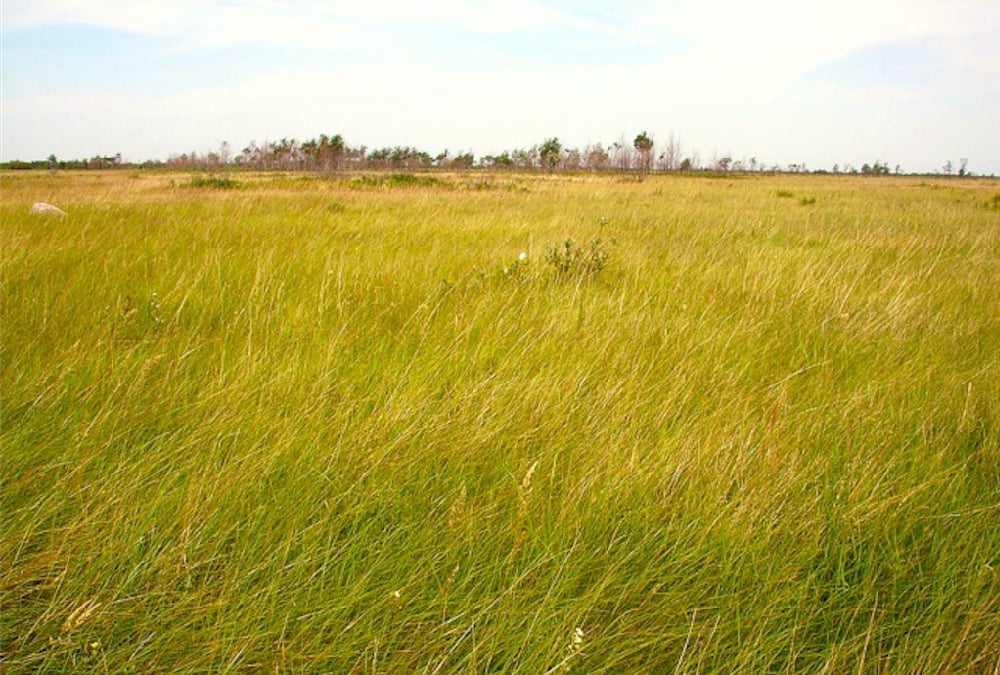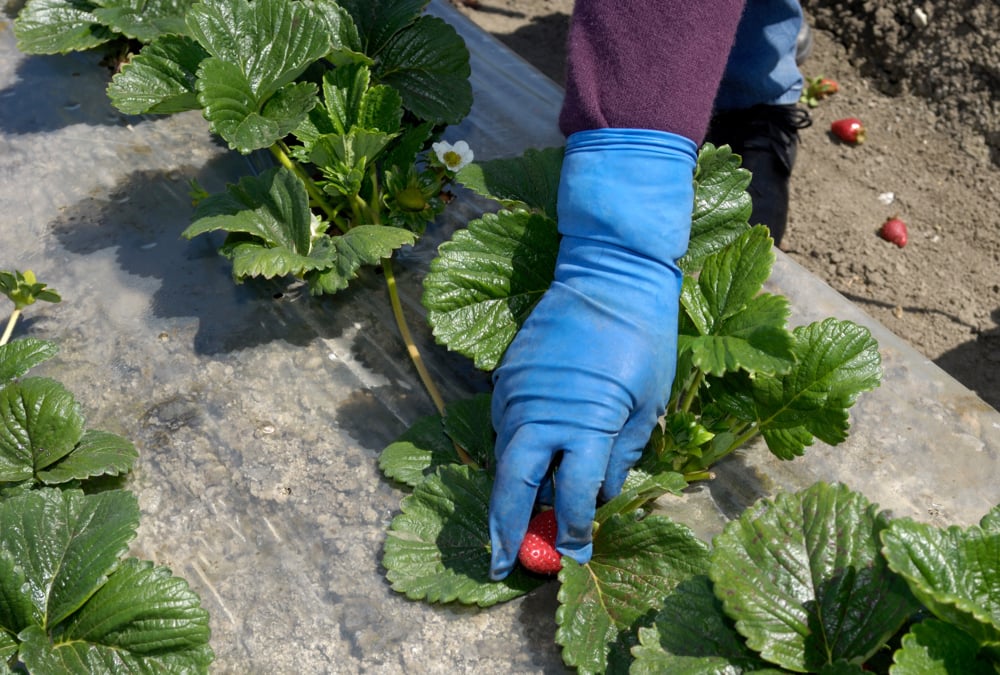Cattle producers wary of grasslands conservation proposal

Glacier FarmMedia – Saskatchewan Stock Growers Association members want the Canadian Cattle Association to press pause on its Grasslands Conservation Initiative until it can better communicate its plan.
Several resolutions about the initiative were debated during the SSGA annual meeting June 11 and while some were defeated members did approve one calling on CCA to “park” the plan until it could communicate a “clear and concise” strategy to member organizations.
SSGA past-president Kelcy Elford said the organization was asked in January to support the GCI without clear direction and details about the proposal.
Read Also

Improvements to temporary foreign worker program recommended: CFIB
Temporary foreign workers (TFWs) may help alleviate persistent labour shortages in Canada’s agricultural sector, but adjustments to the system would…
Kelly Williamson said it was difficult to get information from CCA and Chay Anderson noted the national organization didn’t reach out to the Saskatchewan Stock Growers Foundation, which has for 12 years been working to establish term conservation easements and is close to signing its first one. Members suggested the programs would be similar.
CCA, Ducks Unlimited and Nature Conservancy of Canada announced the program last fall as a united front to stem grassland loss. About $800 million in federal funding would be available.
CCA Sask. director Lynn Grant said the initiative is far from a finalized program.
He asked what it means to park the GCI.
“How can you develop a clear and concise strategy if you can’t continue to work on it?” he said.
Randy Stokke echoed that.
“How do we keep going forward if you want us to pause?” he said.
The initiative drew attention for other aspects including potential overhead costs and its focus on perpetual conservation easements rather than terms.
Source: Farmtario.com

